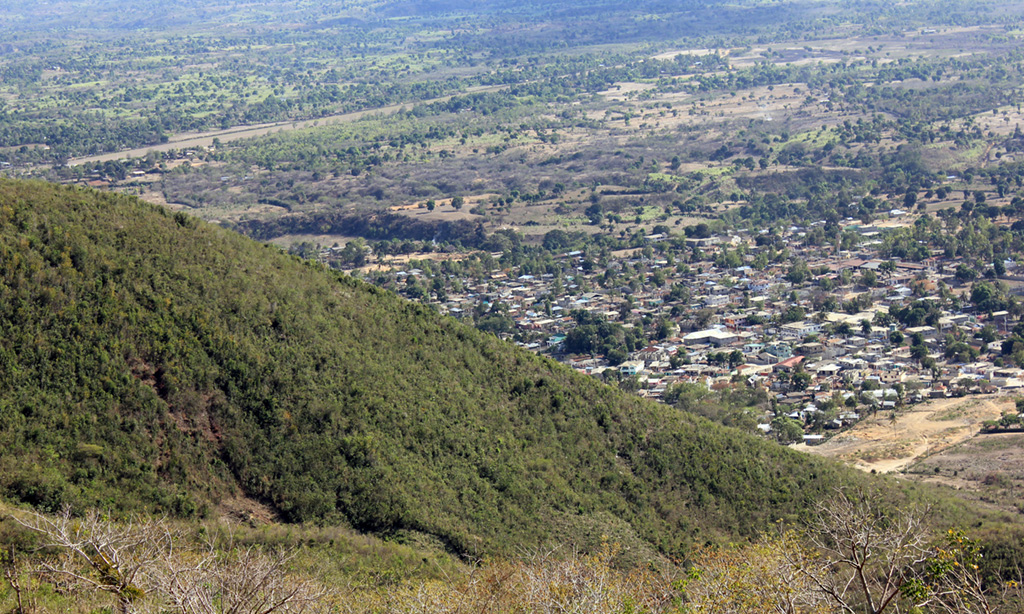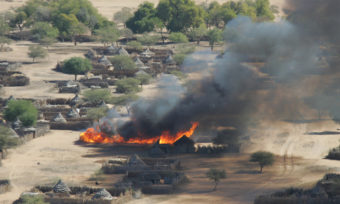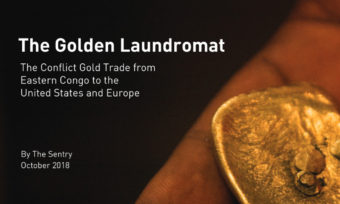Two weeks ago we posted an article on Haiti after the cholera outbreak and its consequences: Cholera outbreak in Haiti: Multimillion-dollar UN fund blocked.
In that post we referred to the article by Miami Herald Correspondant Jacqueline Charles: On eve of high-level U.N. Haiti visit, Trump continues to say ‘No’ to cholera request. In a recent tweet, Charles mentioned Donald Trump again and his controversial comment about Haitians having AIDS:
#Haitian community up in arms over alleged comments @realDonaldTrump made about #Haitians having AIDS in @nytimes report. @HaitianRoundtbl calls his comments “reprehensible.”
— Jacqueline Charles (@Jacquiecharles) December 23, 2017
Paul Altidor, Haiti’s ambassador to the United States, published today on The New York Times and his words are clear:
Over the Christmas weekend, Haiti found itself the subject in a public spat between two major American institutions, the White House and The New York Times, over some comments the president allegedly made regarding Haitians and the AIDS epidemic.
The reports of the president’s supposed comments — and the ensuing discussion of them — fit into a broader, troubling continuation of a narrative that is far too common in the United States, one that stigmatizes Haiti and Haitians as nothing more than the sum of natural disasters and instability, a country rampant with death and disease. In many American eyes, Haiti is in perpetual need of charity. This attitude provokes “compassion fatigue” — or worse yet, disdain.
Read full article on this page.








